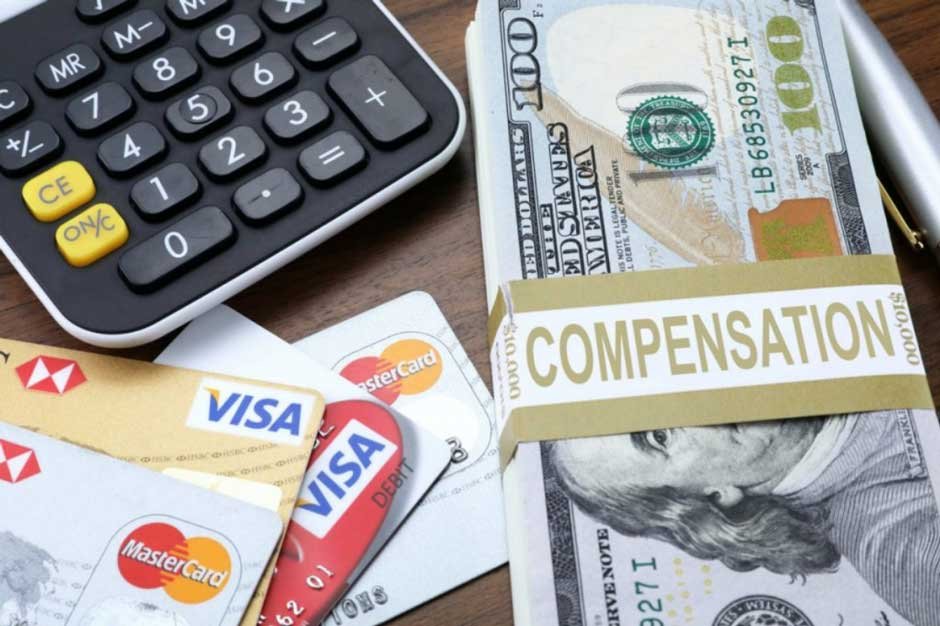Skip to the good bit
ToggleWhen people think about injury compensation, their minds usually jump straight to medical bills, and fair enough, because that’s actually a major part of it. But if that’s all you expect, you’re likely leaving a lot of money on the table. Injury compensation goes much deeper, covering all sorts of financial and non-financial impacts that ripple out after an accident. The thing is, a lot of people have no clue what they’re actually entitled to, especially when insurance companies conveniently leave out the full picture.
If you live in Arlington, Texas, you’ve probably driven down Cooper Street, seen the mix of calm neighborhoods and busy intersections, or maybe passed by UTA on a weekday afternoon when traffic slows to a crawl.
The thing is, medical bills are just one line on a long list of financial burdens you might face after an accident. And if you’re depending on your insurance company to explain this to you, good luck. They’re often more interested in saving money than helping you get everything you’re owed. That’s why many locals turn to an injury attorney in Arlington when things get serious, not just to file paperwork, but to help them actually understand and fight for every part of their claim.
Here are the other components of good compensation:
Special Damages
When lawyers talk about special damages, what they really mean is money you should be reimbursed for because of specific costs caused by the accident.
For example, let’s say you were in a crash and broke your leg. The ambulance, emergency room visit, x-rays, and follow-up appointments? Those are obvious. But what about the money you lost from missing two weeks of work? Or the Uber rides you had to take to every single physical therapy appointment? Or even the $75 you dropped on a wheelchair rental? All of those are special damages, and they’re all recoverable if properly documented.
All of these things might sound small on their own, but over the course of a few months? They can reach thousands of dollars, and insurance companies are banking on you not tracking them.
General Damages
General damages cover the personal, emotional, and psychological toll the injury takes on you. We’re talking about stuff like:
- Chronic pain that never really goes away.
- The anxiety you feel every time you get behind the wheel after your accident.
- Missing out on activities you used to love because of your injury—like playing sports, lifting your kid, or even just enjoying a walk.
These aren’t things you can calculate with a receipt, but they matter just as much, sometimes more. In legal terms, this is where pain and suffering come in. But let’s be clear: courts don’t just hand this out automatically.
In most places, including Texas, there are specific thresholds. You usually have to prove that your situation is at least 15% as bad as the most extreme cases to qualify. That’s why documentation and medical testimony matter so much here. You need to show how the injury changed and impacted aspects of your daily life.
Future Expenses
Suppose your injury affects your ability to work long-term; that can (and should) be factored into your compensation. You’ll need expert input to calculate this properly, like from medical professionals who can speak to your recovery timeline or career experts who can estimate your lost earning potential. It’s detailed work, but without it, you might settle for way less than what your future is really worth.
Domestic Help
A lot of people downplay how much an injury affects the day-to-day stuff. But if you’ve ever broken a bone or had surgery, you know even the basics become impossible. We’re talking about laundry, dishes, cleaning the bathroom, and walking the dog.
If you had to hire someone to help you, even temporarily, that’s a recoverable expense under domestic assistance damages, especially if it lasted six months or more and took up at least six hours a week.







